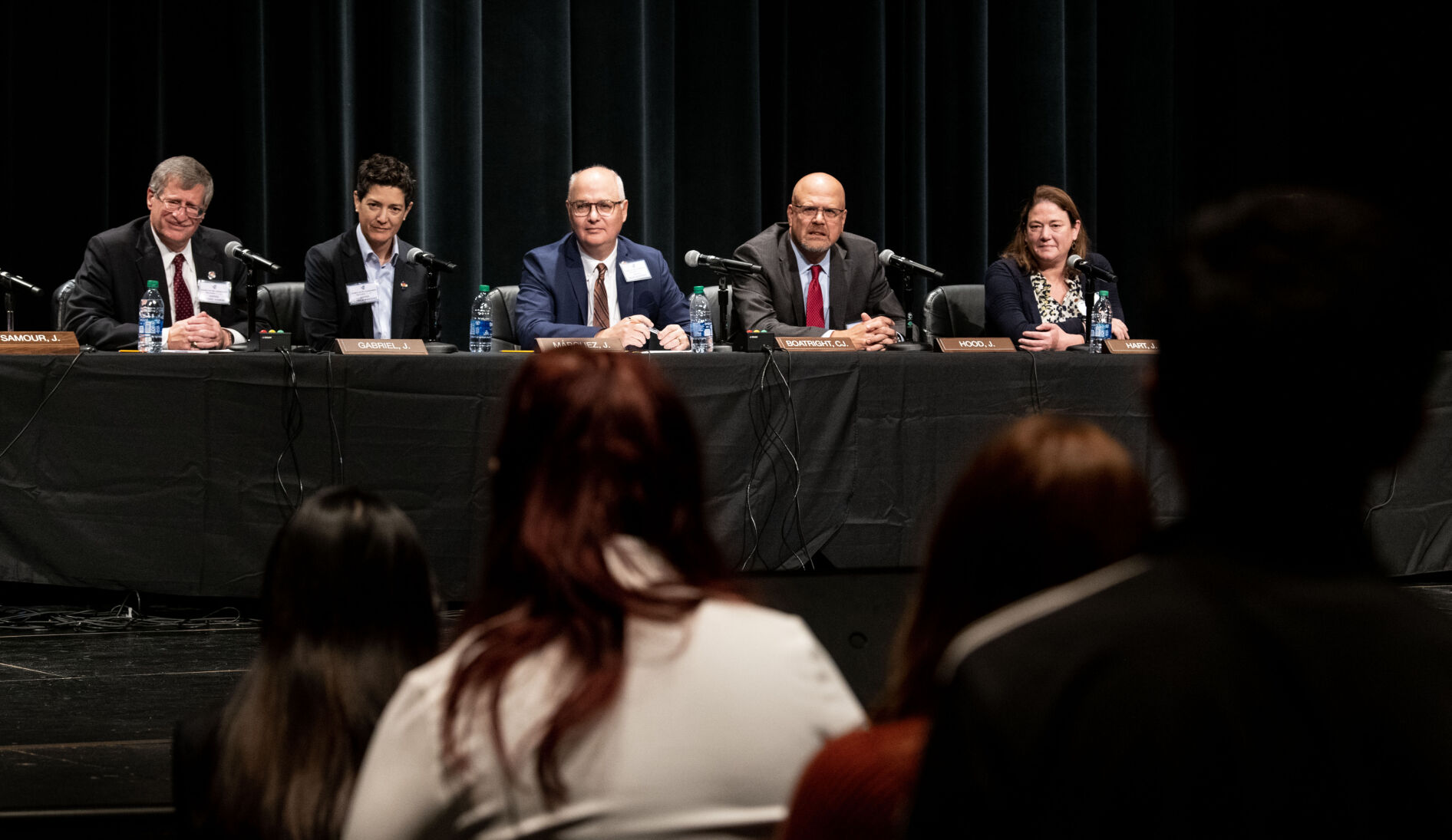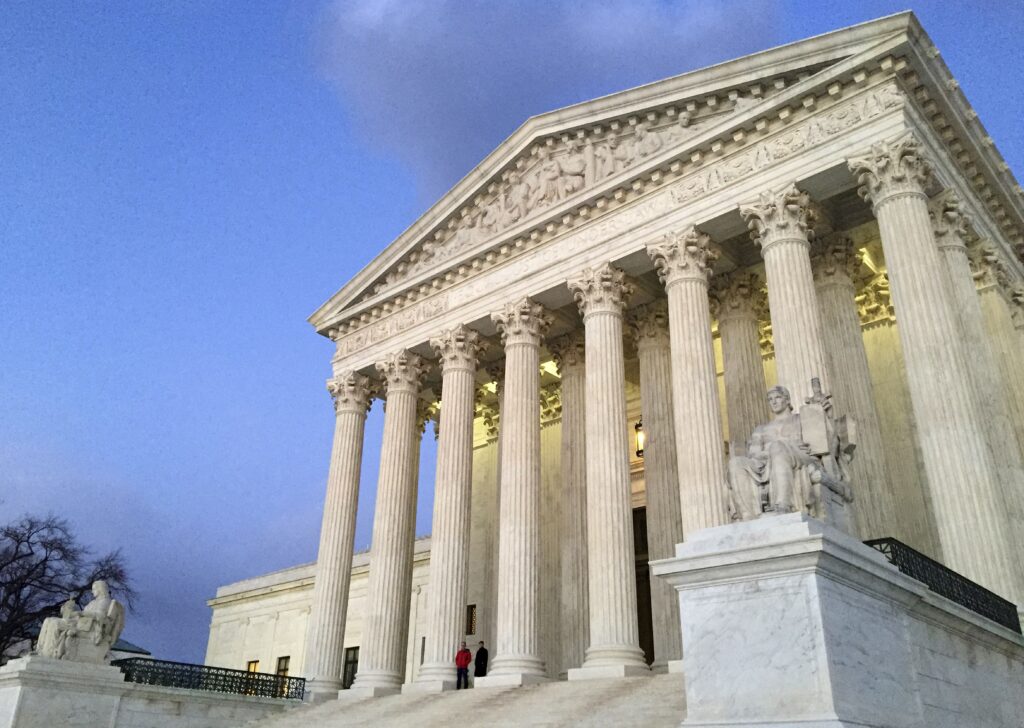Colorado Supreme Court takes up another restitution appeal

The Colorado Supreme Court announced on Tuesday it will hear another case interpreting the procedure trial judges use when ordering criminal defendants to pay financial restitution to their victims.
At least three of the court’s seven members must agree to review an appeal.
In Colorado, when a convicted defendant is required to pay restitution, prosecutors typically must provide the requested amount as soon as possible or within 91 days of sentencing. Similarly, judges generally must impose the restitution amount within 91 days of sentencing. If a judge needs to extend either deadline, they must find good cause exists.
However, the Supreme Court recently found a problem had developed.
In a major decision, People v. Weeks, the Supreme Court ruled in late 2021 that judges’ typical process of awarding compensation to crime victims did not comply with state law. The justices noted a lackadaisical approach had taken hold in the trial courts that failed to adhere to the clear deadlines and procedural requirements.
“Imperfect as our restitution statute may be, trial courts have to find a way to adhere to it,” Justice Carlos A. Samour Jr. warned in the court’s opinion.
Since then, the state’s Court of Appeals has repeatedly found fault with judges’ restitution orders and overturned them. At the same time, it has also managed to uphold multiple orders amid defendants’ protests that Colorado’s second-highest court is undermining Weeks in the process.
In 2016, then-Adams County District Court Judge Francis C. Wasserman sentenced Shaun Jeff Snow to prison after he pleaded guilty to murder. At the prosecution’s request, Wasserman “reserved” the issue of restitution for 60 days. Seventy-eight days after sentencing, the prosecution requested Snow pay $13,852 in crime victim compensation. Wasserman approved the request 108 days after sentencing.
Days before the Supreme Court decided Weeks in November 2021, Snow, representing himself, submitted a motion to overturn the restitution order. Quickly, District Court Judge Priscilla J. Loew denied the request, noting restitution was “properly entered” five years earlier.
Before the Court of Appeals, Snow argued Wasserman imposed restitution beyond the 91-day deadline without finding good cause to do so. Therefore, under Weeks, the restitution order was void.
Last August, a three-judge panel disagreed. It cited a similar case out of El Paso County, decided months earlier. In that appeal, Audrey Lee Tennyson similarly challenged his restitution order years after his conviction. The panel reviewing Tennyson’s case noted that if an untimely restitution order amounted to an illegal sentence, courts could correct the problem anytime.
However, the Court of Appeals seemingly created an exception to the Supreme Court’s ruling in Weeks. Defendants challenging the amount of restitution, the court decided, were not claiming their sentence was illegal, but rather, that it was imposed in an “illegal manner” – a claim that must be raised within 120 days of sentencing.
“We conclude that, despite the broad language used in Weeks, noncompliance with (the) deadline does not divest a district court of authority to order that a defendant is liable to pay restitution,” reasoned Judge Sueanna P. Johnson in Tennyson’s case.

Based on that decision, the panel hearing Snow’s case similarly labeled his appeal an illegal-manner challenge filed five years too late.
Last fall, the Supreme Court agreed to hear Tennyson’s appeal to decide whether a faulty restitution order can actually be challenged anytime.
Meanwhile, Snow separately appealed. He likewise argued the Court of Appeals wrongly decided Tennyson’s case and effectively undermined the Supreme Court’s directive, but he also contended his case was not identical to Tennyson’s. The Court of Appeals found Tennyson’s judge ordered him to pay restitution within the 91-day window, yet neglected to fix the amount until later.
Snow’s judge, in contrast, only said he would “reserve” restitution. Snow argued that was not the same thing as declaring within the deadline he would have to pay restitution.
Snow is “not only challenging the amount of the restitution, he is challenging the authority of the lower court to impose restitution in its entirety by failing to enter an order finding him liable within the statutorily proscribed time limit,” wrote attorney Tillman Clark.
The Supreme Court has agreed to analyze whether the Court of Appeals was correct in rejecting Snow’s request to void his restitution order.
The case is Snow v. People.














